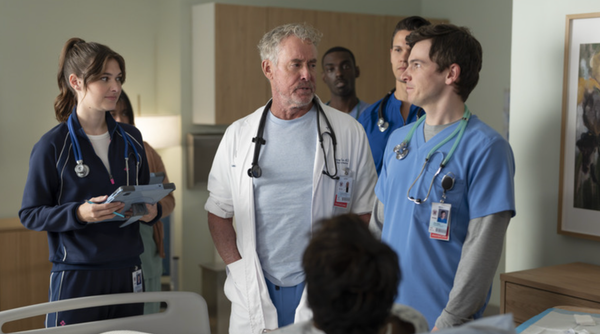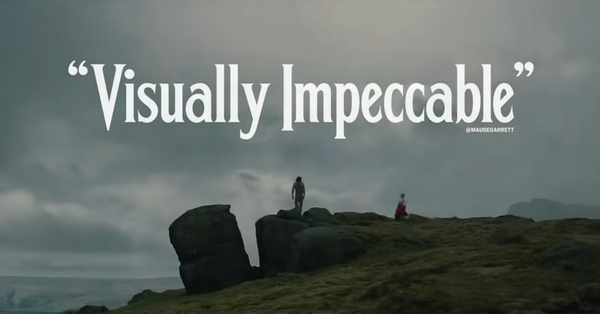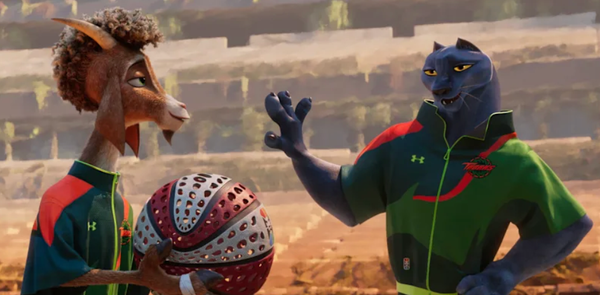Don't let me Dune
Dune: Prophecy had almost all the pieces in place, but was a rare misfire for Max and his channel.
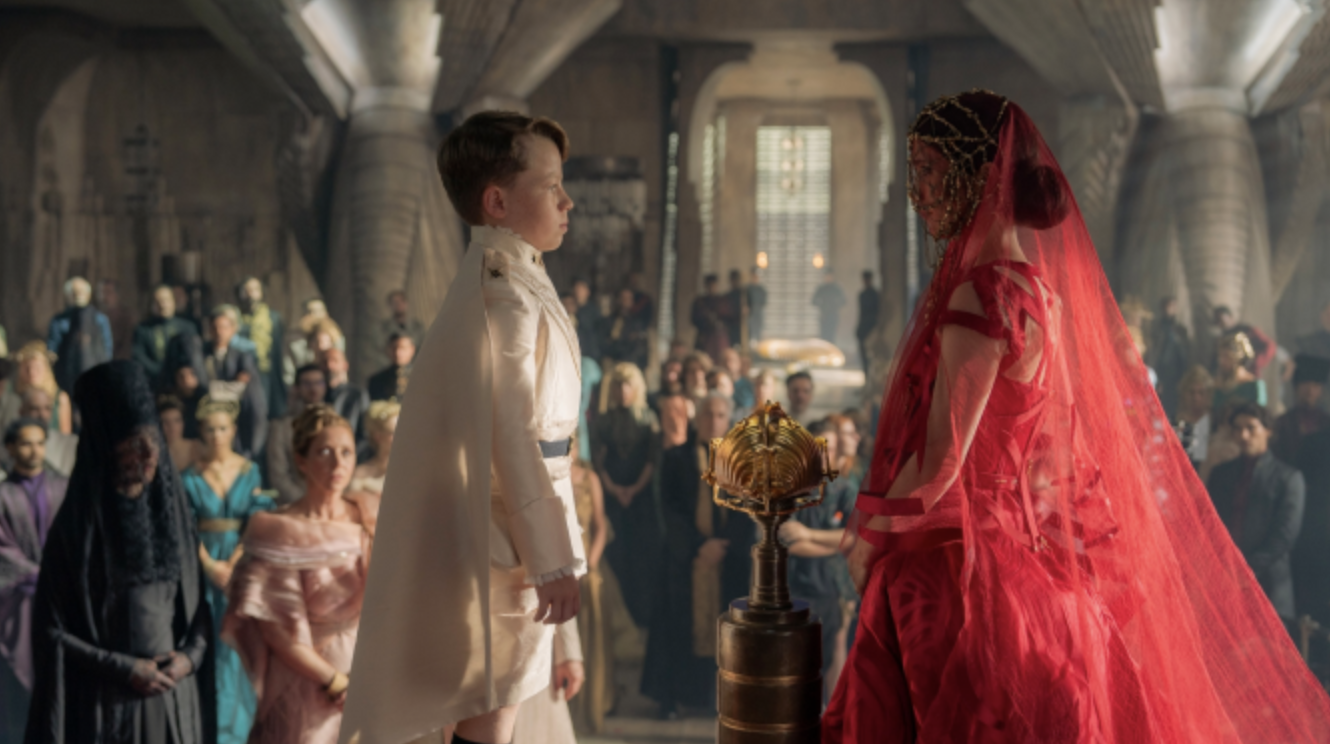
I hope everyone had a lovely Christmas and/or first day of Hanukkah and/or day off with no celebration of any holiday and/or some faith-based thing I didn’t include already. Solstice? I hardly knew her!
Enjoy this second free newsletter of the week, in which I talk about the Dune: Prophecy finale and also cover the No. 3 slot on our Coen Brothers Community Countdown!
This one’s free for all, but if you want to read all of them all the time, upgrade now!
Dune it and Dune it and Dune it … well?
I had high hopes for Dune: Prophecy, and for the front half of the first season’s six episodes, it was a strong show marred by one baffling decision. The back half of the season, however, unfortunately got lost in the sauce, being bogged down with a lot of nonsense that ultimately ended with a whimper.
That baffling decision is related to Demond Hart, a central character (but thankfully not the central character) in the show. Hart is played by Travis Fimmel who was the lead on the first four seasons of Vikings and is known to the Max higher-ups because of his role on their series Raised By Wolves. I’m sure that Fimmel is a fine actor, but I can’t speak to that because, despite his deep filmography, Dune: Prophecy is literally the only thing I’ve ever seen him in. And it’s my belief that the showrunners and directors of Dune: Prophecy did this man dirty.
Fimmel plays Hart with the exact cadence and gravitas of a professional wrestler, which may be fine if that decision in any way matched any other aspect of this show or if Hart was meant to be the “big bad” of this season (or of the show). But his performance is SO at odds with the tone of the series otherwise that every time he’s onscreen, things thud to a halt as an unintentional Poochie barges in and takes over the show with full-body mustache twirling. The problem is further compounded by the fact that, in keeping with the overarching themes of Dune as an intellectual property, he isn’t the big bad, because in Frank Herbert’s world, everyone is the big bad, to varying degrees. The main character in the show, Emily Watson’s Valya Harkonnen, is probably the biggest villain in the show, as the story is ostensibly about the schism among the Bene Gesserit, and the lengths that the Sisterhood, their allies and their opponents will go to hold dominion over the remnants of humanity’s diaspora. Along with the general color palate, this is a story steeped in shades of gray, but Hart’s “LOOK AT ME, I’M THE BAD GUY” performance torpedoes the tone that the show attempts to be trying to set. Even more baffling is Fimmel’s claim that he didn’t think Hart was meant to be an antagonist.
The tone of the show being at odds with itself from scene to scene (which also becomes a problem when, once per episode, the show clumsily checks in with a small crew of smugglers who barely intersect with the story at large) becomes a steadily compounding problem until the final couple of episodes, where Olivia Williams is trying to battle CG viruses in boxes on the set of Gattaca and a pair of characters we’ve barely spent time with do a back-to-back fighting sequence a la Rey and Kylo Ren. By the time the final scenes arrive, with their reveals of secrets and sons and revelations about whether a sandworm or “The Machines” are behind it all, it’s just a white noise of nonsense.
I had high hopes given the rest of the cast, the budget and how spectacular the two recent Dune films were, but the fact that the director of those films, Denis Villeneuve, was not involved in this show in any capacity should have been a huge red flag. Honestly, I just assumed he was attached as a courtesy executive producer if nothing else, and it makes sense now why the show is such a mess. Started strong, ended in a disaster.
Ah well. Someday I’ll get around to some of these “books” I’ve been hearing so much about.
And now for our Coen Brothers Community Countdown!
Previously:
No. 18: The Ladykillers
No. 17: The Man Who Wasn’t There
No. 16: Intolerable Cruelty
No. 15. The Ballad of Buster Scruggs
No. 14: A Serious Man
No. 13: The Hudsucker Proxy
No. 12: Hail, Caesar!
No. 11: Blood Simple
No. 10: Barton Fink
No. 9: Inside Llewyn Davis
No. 8: Burn After Reading
No. 7: True Grit
No. 6: Miller’s Crossing
No. 5: Raising Arizona
No. 4: Fargo
3. O Brother, Were Art Thou? (2000)
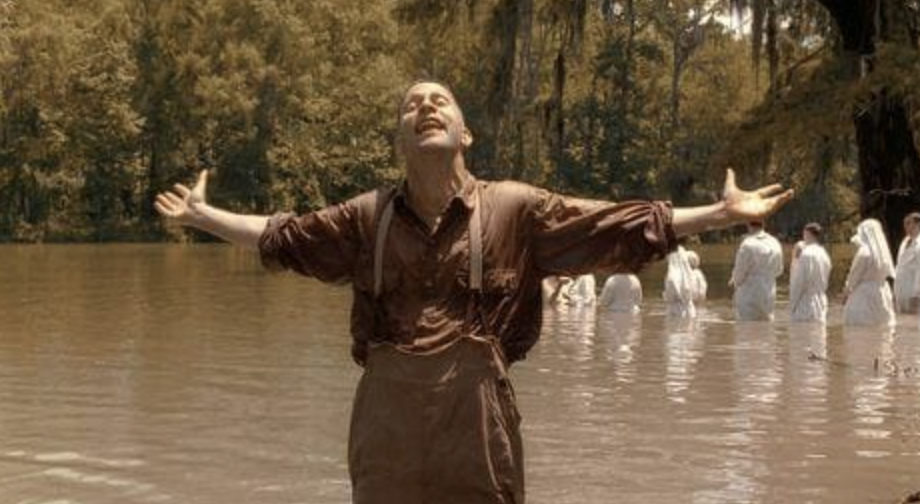
Final Score: 212 points
Total Votes: 31 (81.6% of submissions)
Total Views: 36 (94.7%)
Highest Placement: #1 (@AdoKerrison, @gawalz, angrierfish, badguyadam, erngenc, Hollinger)
A 1930s retelling of the Odyssey, O Brother Where Art Thou? features perhaps the best dialogue of the Coens’ oeuvre, most of it delivered by the logorrheic Ulysses Everett McGill, played by the impossibly charismatic George Clooney. (Clooney was in the midst of an absolute heater, by the way: Out of Sight -> Three Kings -> The Perfect Storm -> O Brother -> Ocean’s Eleven is insane.)
O Brother is beloved for its quotability, its comedy, and its music, which was shepherded by T Bone Burnett and resulted in a soundtrack that went eight times platinum, as well as a concert and companion album, Down From the Mountain.
The only knock on this movie is that the color correction done on every frame that was so groundbreaking at the time, rendering everything in sepia tones and warm browns, does not hold up quite so well on modern HD televisions. Hopefully we’ll get a remaster at some point down the road, but it doesn’t break the movie or anything. Every joke and turn of phrase is still sublime, and everyone from John Goodman’s bible salesman Klansman mugger to Charles Durning’s corpulent Governor Pappy O’Daniel to Stephen Root as the blind radio station manager chews the scenery with aplomb. A joyous film from top to bottom.
